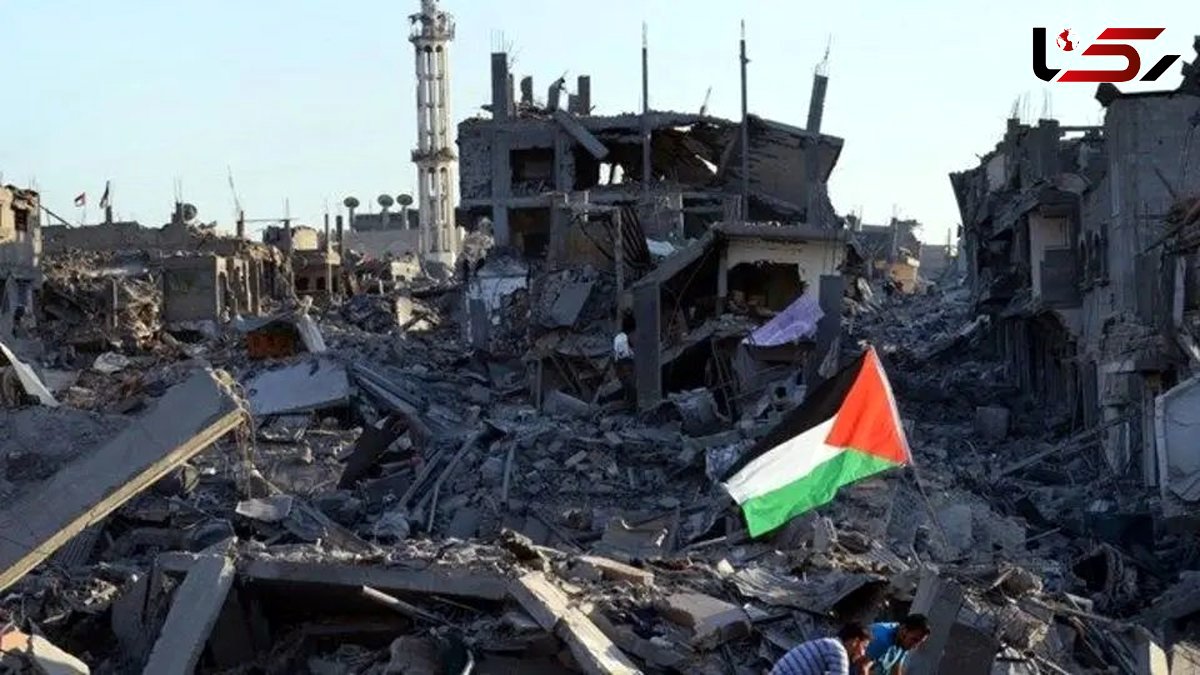Behind the Scenes of Arab Support for Trump’s Peace Plan
Rokna Political Desk: Arab endorsement of Trump’s peace initiative has emerged as a complex regional shift, with key actors such as Qatar, Egypt, and Turkey appearing compelled—by circumstance—to align. Today in Sharm el-Sheikh, a formal ceasefire agreement is expected to be signed in the presence of U.S. President Donald Trump and Egyptian President Abdel Fattah el-Sisi.

The ceremony in Sharm el-Sheikh this Monday will mark the official signing of the Gaza ceasefire deal, co-chaired by Trump and el-Sisi. Among the invited nations are Spain, Japan, Azerbaijan, Armenia, Hungary, India, El Salvador, Cyprus, Greece, Bahrain, Kuwait, and Canada. According to an informed source, Iran has also been extended an invitation.
According to Rokna, the signing takes place while Hamas has declined participation, insisting that the agreement was negotiated by Egyptian and Qatari intermediaries. Israeli representatives, the other main party to the deal, will also not attend. Although the ceasefire was officially declared on October 10, analysts and international publications continue to speculate about the impact of what has been dubbed the “Trump peace plan.” Despite having a set time and place for the signing, observers remain uncertain about the deal’s details and its future durability.
Some analysts point to Washington’s leadership—and the prominent roles of Jared Kushner and Steve Witkoff—as evidence that this peace could endure under U.S. stewardship. Meanwhile, others argue that the delicate political environment of the Middle East has left Arab states little choice but to align with U.S. strategy: by supporting a ceasefire in Gaza, they hope both to end emblematically the humanitarian crisis there and to safeguard their strategic ties with Washington.
Observers suggest these efforts may form a component of Trump’s broader vision of a “New Middle East Order,” in which diplomacy, pressure, and regional coordination are employed simultaneously. Etemad interviewed former diplomat Korush Ahmadi, who argued that the Gaza peace plan and recent regional events demonstrate that, with direct influence over Israel and conditional support from Arab countries, the U.S. positions itself as the principal architect of Middle East crisis management—and that Arab states effectively had no alternative but to cooperate.
In contrast, Hussein Rabiei, a Middle East analyst, acknowledged that while the current agreement between Hamas and Israel holds for now, its future depends entirely on Israel’s behavior. He warned that if Israel breaches its commitments, Hamas could resume military operations and that Arab and Islamic countries’ abilities to moderate or reform the agreement will be limited.
Send Comments